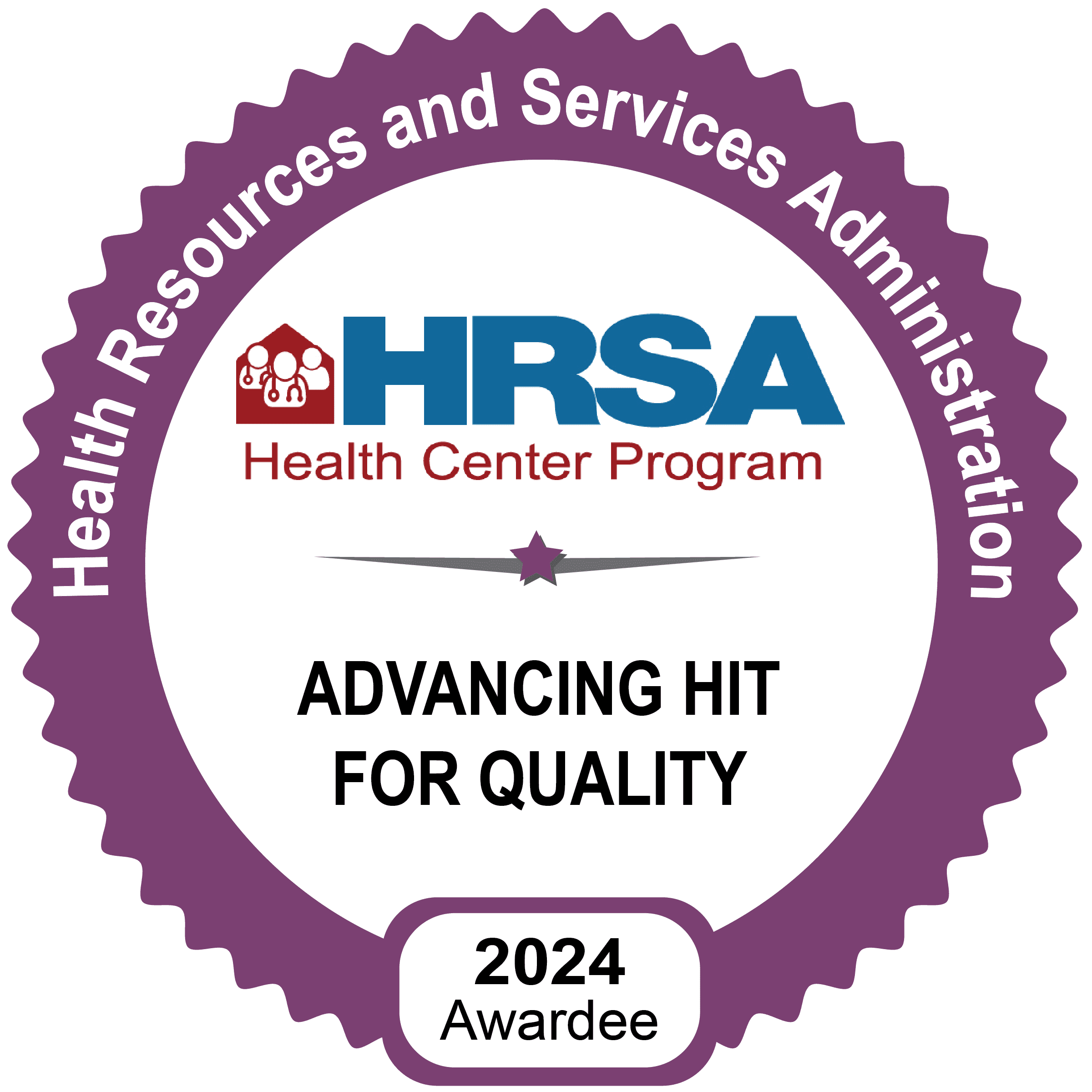St. Francis Way Clinic
Growing Opioid Epidemic
The opioid epidemic is the most significant public health and public safety crisis facing Illinois. The misuse of and addiction to opioids—including prescription pain relievers, heroin, and synthetic opioids such as fentanyl—is a serious national crisis that affects public health as well as social and economic welfare. The opioid crisis affects everyone in the state in some way. Its victims are of all ages, races, and walks of life. Drug overdoses have now become the leading cause of death nationwide for people under the age of 50. In Illinois, opioid overdoses have killed 20,506 people since 2016. Beyond these deaths are thousands of emergency department visits, hospital stays, as well as the pain suffered by individuals, families, and communities.
https://dph.illinois.gov/topics-services/opioids/idph-data-dashboard/overdoses.html
Can drug addiction be treated?
Yes, but it’s not simple. Because addiction is a chronic disease, people can’t simply stop using drugs for a few days and be cured. Most patients need long-term or repeated care to stop using completely and recover their lives. Due to the symptoms of withdrawal and the psychological grip heroin has on its users, a professional treatment center usually offers the best chances of a successful recovery. Medical management is important in helping wean individuals off opioids by helping to reduce cravings and prevent future use.
Macoupin County Medically Assisted Opiate Recovery Program
Our substance use treatment and recovery program has been successful in treating many individuals that suffer from opioid addiction. Our services include:
- Medical Stabilization
- Medically Assisted Recovery
- Outpatient Treatment Program
- Individual Treatment Plan
- Individual Therapy Sessions
- Group Psycho-education Classes
- Group Psychotherapy Sessions
- Medical and Dental Services
- Counselor Services
- Family support groups
Our clinical staff includes a team of experts in the field of opioid recovery. Components of treatment include:
- Scientific, medically assisted, clinically proven approach
- Best Practice Model (not a 12-step approach)
- Integrated Medical and CBT (Cognitive Behavioral Therapy) approach
- Coping and disease management, including impulse control
- Treating the underlying issues (including anxiety, depression, panic disorders, bipolar, schizophrenia, ADHD, and others)
Contact Us
For additional information about our services or to schedule an appointment, contact St. Francis Way Clinic in Litchfield at 217-250-2380. If you are in crisis, please seek immediate emergency medical assistance by calling 911 or reporting to the nearest emergency room.
We offer a safe, supportive, non-judgmental treatment and recovery program. If you need help with substance use treatment and recovery or if you are seeking mental health support, call us at 217-250-2380 or stop in and see us during our walk-in hours. We are ready to help.
If you need assistance after business hours, please contact our after-hours service at 217-854-3223 and press #1 for Dental or #2 for Medical. Calls for non-emergencies, appointments, and refills will be forwarded to the appropriate staff the next business day.
In need of our recovery services? Click on the referral form below:
- St. Francis Way Referral Form – Litchfield Location
- Sliding Scale Fee Schedule
- To request Narcan or Narcan training, email us at [email protected]
Department of Health and Human Services, Health Resources and Services Administration Grant Award Recipient
To obtain a copy of your healthcare records, click HERE.
Click here to view our Notice of Privacy Practices
Federally Qualified Health Center (FQHC) Mission Statement:
The Macoupin County Public Health Department believes that optimal health is an important goal for all individuals, and that all residents, groups, and communities have a right to affordable and accessible healthcare. The mission of the Maple Street Clinic is to promote wellness, prevent disease, and be proactive in assessing and addressing the healthcare needs of residents or Macoupin and surrounding adjacent counties.

